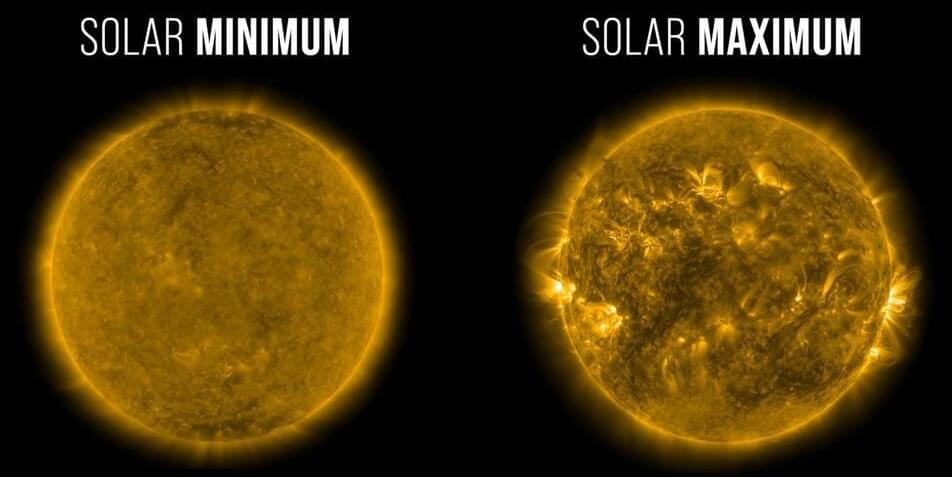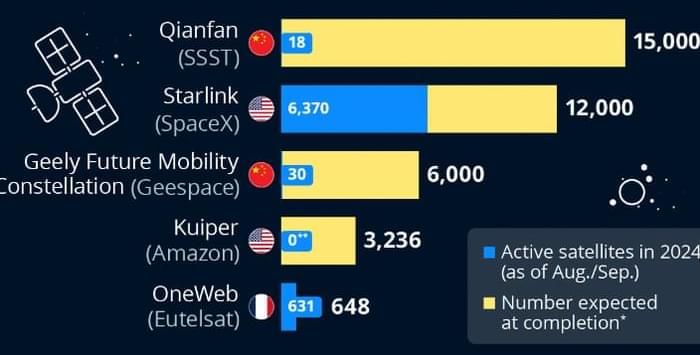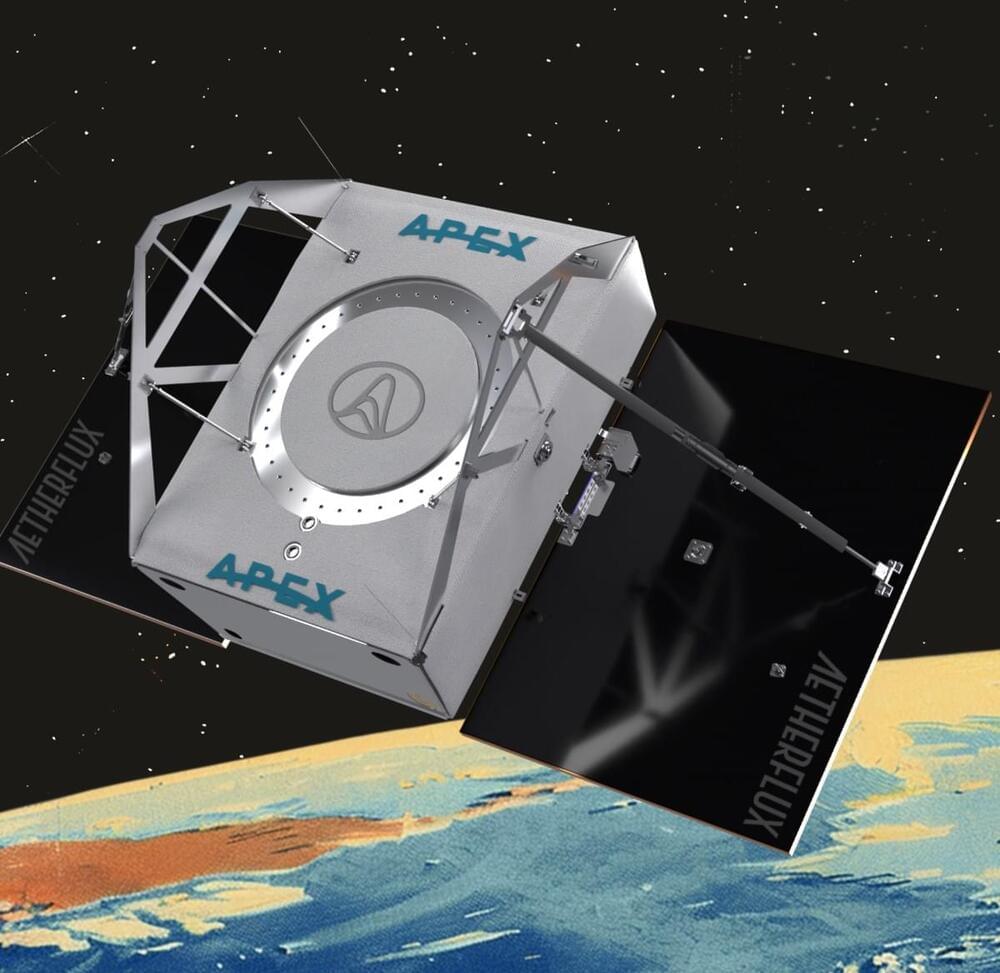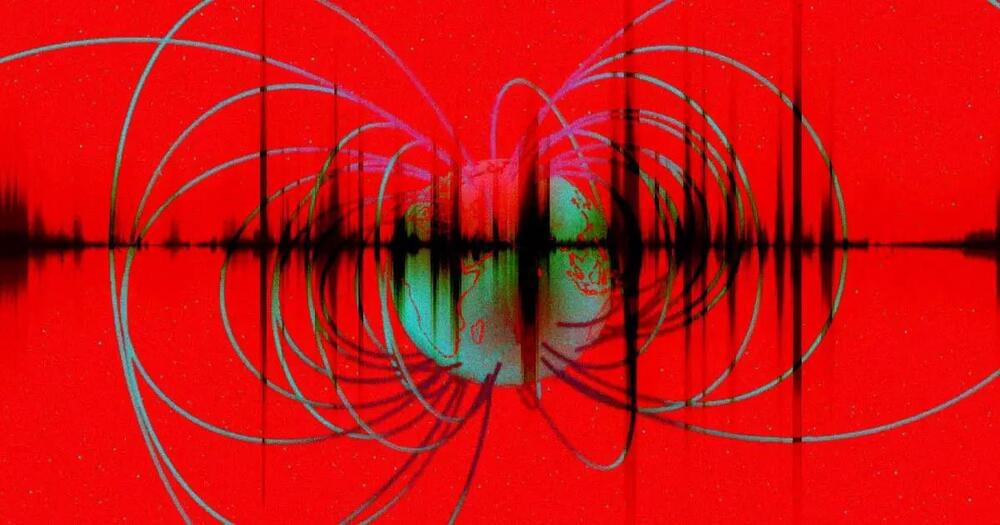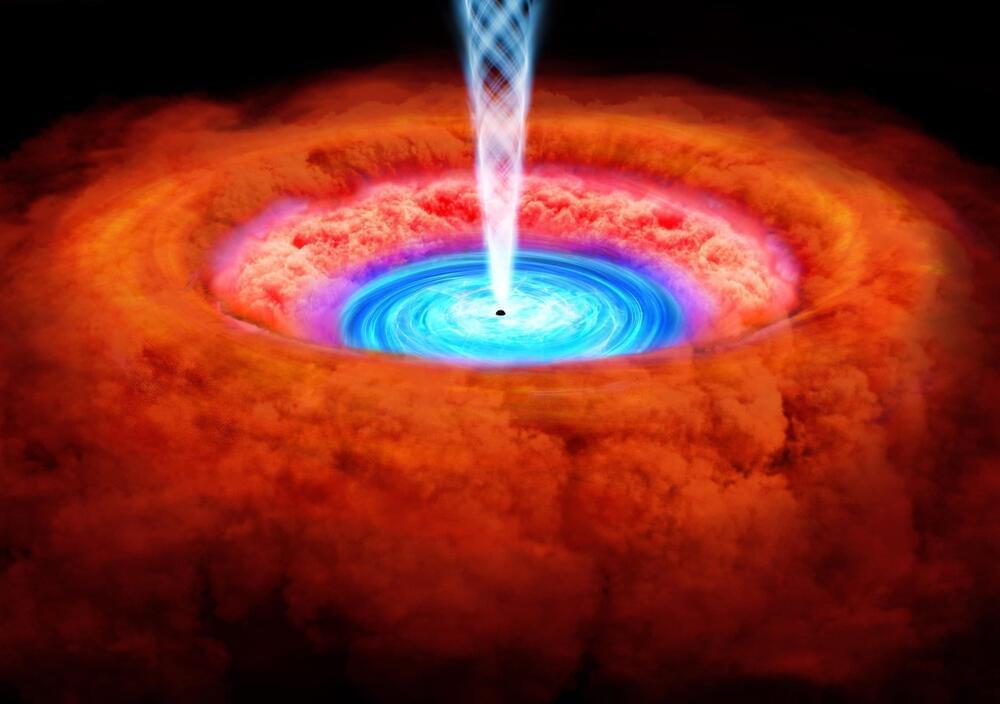
France and Germany are joining the coalition at a time of heightened tension in space, with both China and Russia demonstrating their ability to disrupt or destroy satellites. Operation Olympic Defender aims to deter such actions through collective defense, shared intelligence, and the promotion of international norms for responsible space activity.
Germany’s official entry into Operation Olympic Defender was marked by a formal ceremony in Berlin, where Whiting joined Lt. Gen. Gunter Schneider, director-general for military strategy and operations at the German Ministry of Defence, and representatives from Australia, Canada, New Zealand and the United Kingdom.
“Space is truly a team sport. The addition of Germany to our roster of growing like-minded partners contributes to our collective ability to address the growing threats in the domain,” said Whiting.

